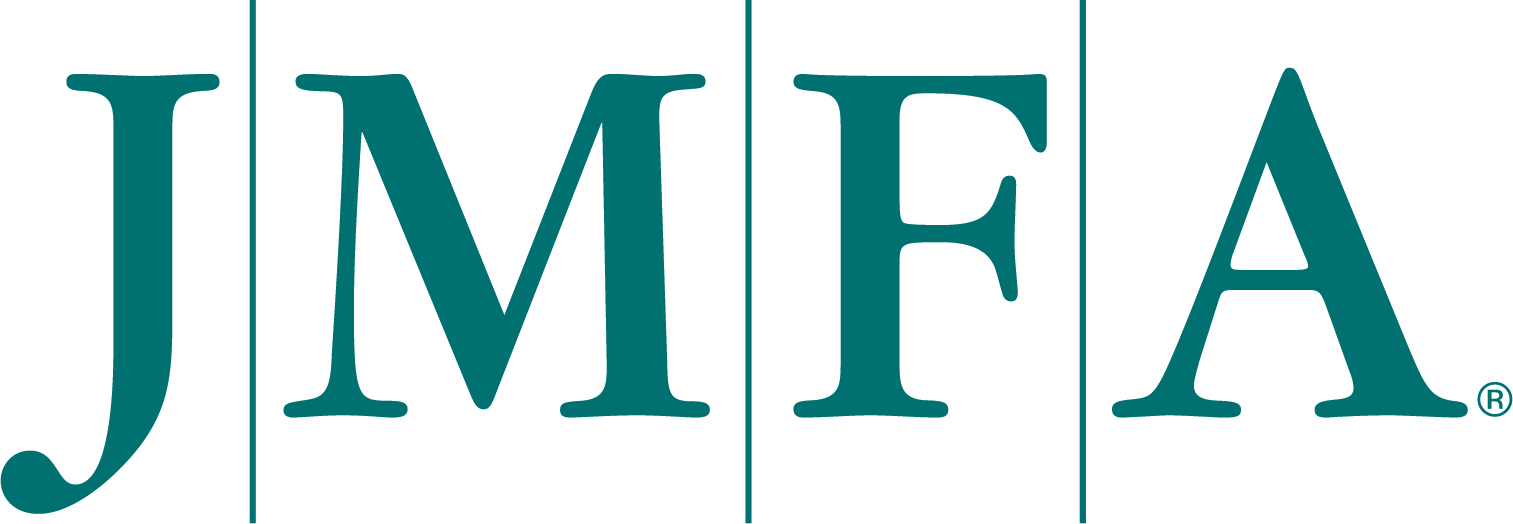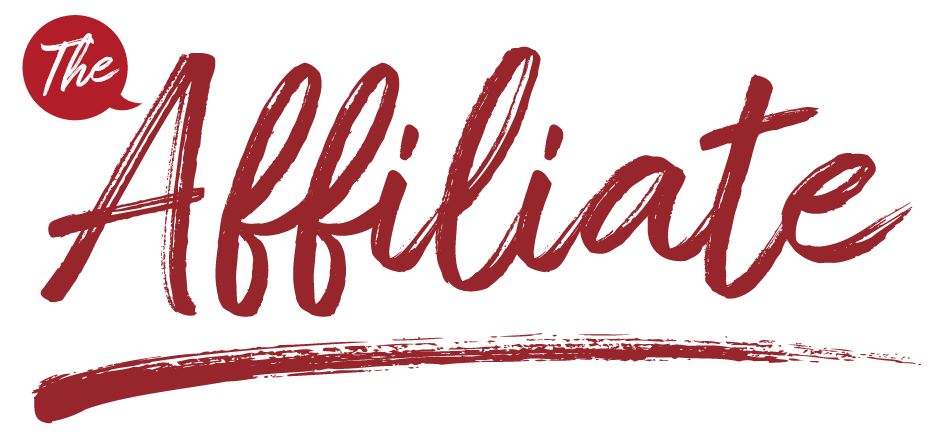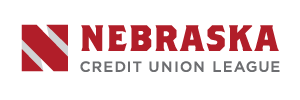Roy Seifert, Client Training Manager, JMFA
Credit unions play a vital role in supporting your communities financially. Investing in frontline training is essential to ensure you can fulfill this mission effectively. Training equips your staff with the necessary knowledge and skills to serve members well and succeed in a constantly changing industry.
Quality training empowers your employees to provide exceptional member service and build lasting relationships
Front-line employees are the face of your credit union. They are the first point of contact for members seeking financial assistance or information, making their role integral to your institution’s success.
The Importance of Frontline Training
It is especially true when managing consumer expectations at account opening about overdraft services you provide. Those who overdraw their accounts and experience returned item fees would benefit from the financial peace of mind provided by a fully disclosed overdraft program. However, many frontline staff we’ve interviewed cannot always adequately educate their members about the service.
Training can make a lasting impact on your overdraft program and the education of front-line staff
Compliance and Regulatory Knowledge
Frontline staff must be well-versed in the ever-evolving financial regulations and compliance landscape. Training should cover essential topics such as overdraft protection, banking fees, anti-money laundering (AML) procedures, Know Your Customer (KYC) protocols, and other compliance-related matters to maintain your institution’s integrity and protect your members.
Training programs must be tailored to the unique demands of your credit union. This specialized approach ensures that employees acquire the skills necessary to navigate the intricate world of financial services, from handling deposits and withdrawals to explaining complex financial products such as overdraft programs.
Consumer-Centric Focus
Exceptional service is the hallmark of credit unions. Your training program should emphasize the importance of a member-centric approach, equipping frontline staff with techniques to actively listen, empathize, and address member concerns promptly and professionally.
Digital Transformation
In today’s digital age, your frontline staff must also be proficient in guiding members through online and mobile banking platforms. Training programs should include digital literacy components, ensuring employees can confidently assist in navigating virtual banking services.
Measuring Training Success
To gauge the effectiveness of frontline training, institutions should implement performance metrics and member feedback mechanisms, such as secret shoppers. A data-driven approach allows for adjustments and improvements in the training program to better align with the needs and expectations of both staff and members.
Continuous learning and development are vital components of a comprehensive training program
Frontline training is not a one-time event; it’s an ongoing process. Encouraging continuous learning and development by leveraging regular updates and refreshers will keep staff up-to-date with industry trends and technological advancements. Prioritizing ongoing training sends a powerful message to your employees—that their development is vital to your financial institution’s success. Embracing all-inclusive training options fosters a culture of continuous learning within your organization.
Reinforce Proactive Practices
Staying proactive is key, even when there are no recent regulatory changes. Refresher training serves as a reminder of regulatory and examiner expectations, ensuring your employees are always up-to-date and well-equipped with best practices.
Mitigate Risks
Regular refresher training can reveal communication and procedural errors that may have crept into daily routines. Identifying and rectifying these errors can help you avoid compliance mishaps, ultimately safeguarding your institution.
Boost Confidence and Service Excellence
With continual training, your employees have the chance to hone their skills and clarify any doubts they may have. This boosts their confidence in explaining the services to members, resulting in an improved experience. Refresher training isn’t just about revisiting the same material; it’s an opportunity for employees to practice what they’ve learned and seek clarification on any lingering uncertainties.
Training is a critical investment for managing a successful overdraft program. It’s the key to retaining knowledge, staying updated on changes, ensuring compliance, and enhancing member satisfaction. It’s a strategic move that can empower your staff and drive success in the competitive landscape of our industry.
For more about how training can greatly improve your programs and member satisfaction, contact Derrik Mather, Regional Director @ derrik.mather@jmfa.com
ABOUT JMFA
With over 40 years of industry experience, JMFA is a preferred provider and one of the most trusted names in financial services consulting for credit unions. By providing data-driven, consumer-focused recommendations, JMFA devises win-win solutions that meet the ever-evolving needs of today’s financial institutions and consumers.



